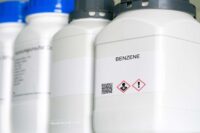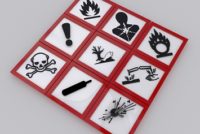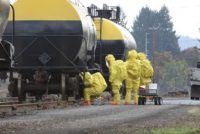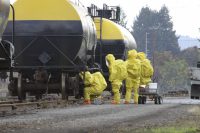Back to Basics: Chemical Hazard ‘Worker Right-to-Know’ Compliance
Back to Basics is a weekly feature that highlights important but possibly overlooked information that any EHS professional should know. This week, we examine chemical hazard “worker right-to-know” compliance. Both communities and workers need to understand the chemical hazards they might encounter. Hazard communication, or “worker right-to-know,” is the workplace counterpart to community right-to-know. While […]










